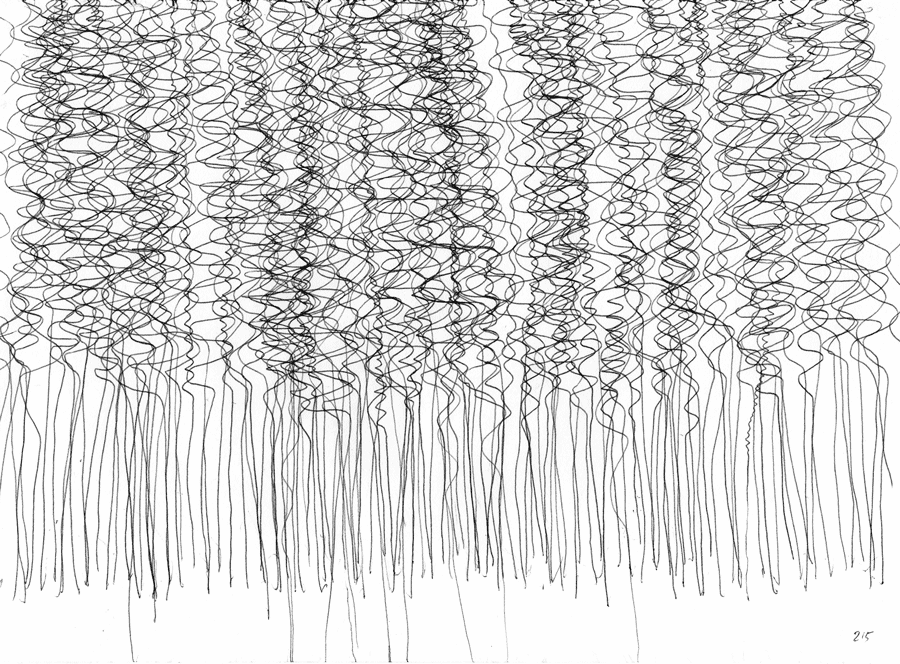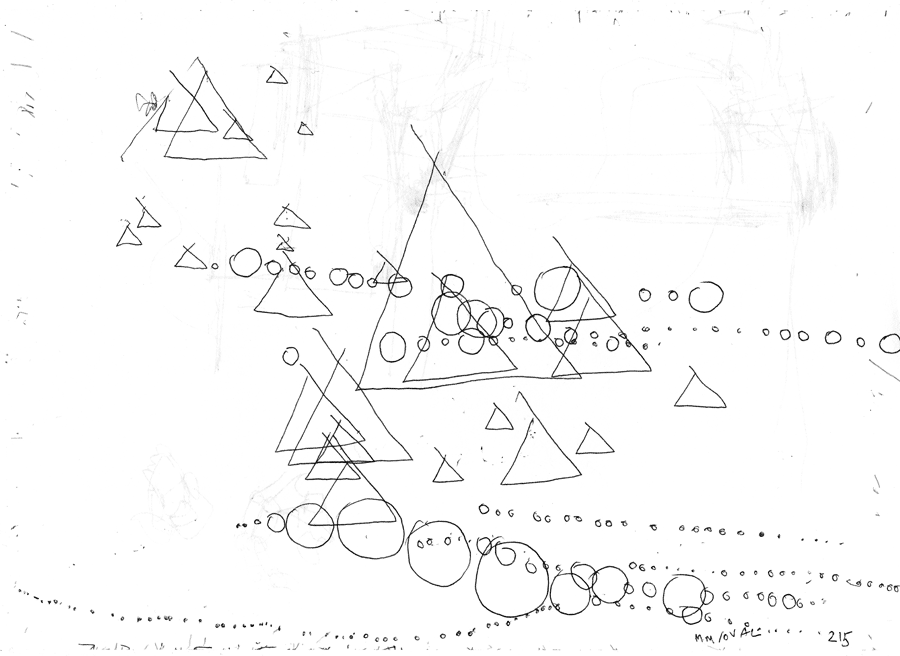Abstract
The problem with today’s critical discourse around the future of work lies in the assumption that methods used by worker’s right movements are readily available for use in digital labour. In the same way as we have argued for the workers’ rights in industrial production and service industries, the assumption tells us, we can now adopt the same methods to software engineering and other new types of labour that involve provision of digital services produced and delivered over the internet. Indeed, this is quite obvious that exploitation of workers online is no less and is often higher than in offline and colocated labour. Numerous efforts are made to adopt traditional methods of collective bargaining and self-organisation to digital labour without any further interrogation. Yet any attempt of unionisation are largely met with worker’s scepticism. Struggles to bring down exploitation by arguing full time employment and benefits are met as attempts to undermine the freedom of lifestyle choices. Platform coops remain the esoteric endeavour of the few, not supported by the majority of global remote workforce. Why such efforts are short lived or fail at the very outset? Traditional worker inquiry has no tools to provide the answer.
My research addresses this gap by claiming that the difference between seemingly similar spheres of industrial and software engineering is much larger than meets the eye, and indeed so vast that new analytical methods need to be devised in order to access digital labour in full detail. What makes the two so different? Firstly, industrial production is using the economic model which makes profit from making identical copies of same products. In software engineering, products are not goods, but processes in the perpetual state of becoming, not only constantly updated, but usually customised for each customer. Secondly, industrial production is dependent on extraction of fossil fuels, while software production uses extraction of time in order to make teams more effective and deliver value early. Lastly, the key players, the manager and the worker, come in completely different forms and have different relationships. In the industrial model, the worker is a distinct individual that is connected to performing a certain service in a certain location often together with other workers, and manager’s role is focused on administration. In digital labour where the product is both the software and the user experience, the product is largely created not by the worker but by the algorithm, individuals performing the work may not be in touch. The engineer in this context becomes a mixed figure combining the features of administrator with those of the worker.
Having determined the key role software plays in remote digital labour, the research aims at developing a mode of ideological critique of such software, as the way to theorise the subjects of digital labour as something fluid and constantly changing depending on the work and the rituals used to perform it. Why such study is important? As mentioned previously, such theoretical tool is required to delineate software production from production of physical commodities and will thus position me and other researchers in the field better to understand what kind of possible futures for this labour can be imagined. On the other hand, my research contributes to the broader discourse around the future of work as a whole, which is a theme that is extensively debated in academic circles as well as by wider audience.
Marvin Meyer, Unsplash
Methodology
In order to observe the changes involved in the paradigm shift from industrial to computational logic of labour, and to construct the proposed ideological critique, I compare the two spheres using the matrix with four categories - entrepreneur ideology, corporate cultures, topology and abstraction. The figure of the subject that emerges through this matrix is applied in the project to software engineering but is potentially applicable across the broad range of other services delivered online. In contrast to sociological methods used in today’s study of platform labour by Oxford Internet Institute and other research organisations in the field of society and internet, my aim is to develop a distinctly critical mode of inquiry that would look at the ideological implications in the sphere densely involved with software. In order to do this, I have to combine methods from three disciplines. Feminist critique of work and constructionist critique of science (Haraway, Beniger) allow to analyse the scientific basis of industrial production model. Topological view helps to draw the parallel of space in physical industry vis a vis virtual space of software, as well as for its argument for political life of forms of knowledge that present themselves a purely technical (Neilson, Cowen). Theorisation of abstraction (Kittler, Gehl) in combination with Simondon’s notion of individuation are required for analysing the notion of the subject with regards to human-computer interaction (HCI). Beside these three methodological sets, traditional worker’s inquiry along with its theorisation of the working class and the meaning of alienation of workers in remote vs colocated employment is re-assessed in light of the radical shift in digital labour discussed above.
This project's key innovation does not lie in its approach to subjects themselves, the models of labour it analyses or the application of comparative analysis, but rather in the argument of the previously ignored differences between the two types labour, which would potentially help us gain a better position for analysing them.
Chapter overview.
Five theoretical chapters that look at the key themes. Each chapter is broken down in three sections, (1) industrial (colocated) engineering, (2) software (remote) practices and (3) comparing the relationship of key trends in each to the subjects of labour.
Corporate cultures. Comparison of waterfall vs agile workflows. Celebration of teamwork in scrum methodology and traditional work philosophies in history and today (Ford, Taylor, Toyota Way, Amazon). Ways of overlapping of agile into other practices.
Entrepreneur ideology. Broader discussion of ideology and its implication in industrial labour and software (work as ideology vs software as ideology).
Topology. Comparison of logistics (spatial relation of production) vs software topology (how space is being translated in software). Also similarities here - London tube map vs Google Maps as abstraction of space in and out of software.
Abstraction. Discussion of abstractions in maths, computer science, in Marxian critique. Real abstraction vs interface as abstraction in software.
Subjects. Comparing the figures of industrial worker, software engineers and technical individual. Can we argue that in both spheres technological individual is a broader notion of a worker, which is always already more than human/technological? Working class vs digital working class.
Towards the ideological critique of digital labour. Summary of outcomes and proposition for the new way of analysing digital labour through its subjects.
Empirical study
Ideas to come after the initial engagement with the companies. Still like the idea of having a long-term relationships with individuals over the time of my PhD, but not all of them would be workers (Bryan Stutzman, Workplaceless). Alternatively to the more general internet and society think tanks, it would be more interesting to look at the more hands-on practices connected to software engineering and remote work in general: Workplaceless, Laboratoria - a feminist coding bootcamp based in Latin America. Maybe worth getting in touch with Atlassian, the company that produces the mainstream project management software that is my primary target of critique. Is it worth locating partners among the industrial engineering sector, and which could that be? Eg some kind of robotics used for manufacturing, etc.
Shortlisted institutions in the sphere of more general research in the area: The Centre for Internet & Society in Bangalore, India; Digital Asia Hub in Hong Kong; Sarai, Delhi, India.


















